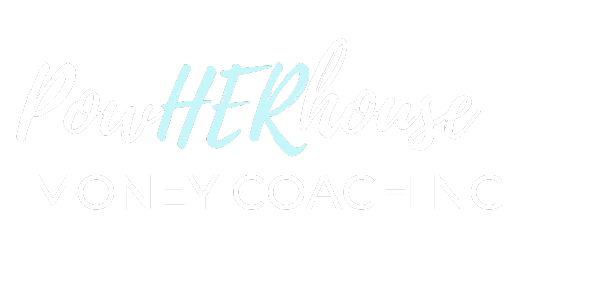As a business owner, it is essential to hold yourself accountable in order to ensure that you are reaching your goals and staying on track!
Taking the initiative to create clear objectives and tracking progress enables you to make sure that all of your hard work is actually paying off. In addition, holding yourself accountable also helps you identify areas for improvement so that you can continue growing and becoming more successful.
Accountability drives results—it leads to improved efficiency and accuracy of work, a more positive response to role responsibilities, better problem-solving abilities, decision-making, and increased team spirit and satisfaction.
How can you hold yourself more accountable? Here are a few tips!
1. Remember your vision
Having an idea and setting your goals is the easy part. Now, it’s time to follow through and make that dream a reality.
What’s your
big vision for your business and yourself? How do you plan to get there? What does the end game look like for you in an ideal world? This is how you’ll stay accountable for achieving your goals in the long run. Keep your grand vision in mind when making decisions, big or small. Stay true to your values, and put in the work.
One way to become more accountable as a business owner is by setting up measurable, achievable goals with deadlines. This will allow you to track your progress and make sure that you are meeting your expectations. Additionally, be sure to create a system of rewards and consequences for achieving or missing these goals; this will help keep you motivated and driven toward reaching them.
2. Keep yourself and your team organized
Staying organized helps ensure that everything runs smoothly from day-to-day operations, which makes it easier for you to stay on top of tasks and projects in the long run. Aside from just keeping tabs on yourself, holding yourself accountable means holding your team to those same standards. Informing your team of deadlines and policies and making sure everyone is on the same page. Holding regular meetings will allow you to check in on your team and make sure everything is running smoothly.
Using a task management tool may help you keep your many moving parts organized. Having a virtual checklist, and having the ability to check in on your employees via an app or website may be easier than calling each individual person, or even sending a text. Asana and Trello are just a few free task management tools out there, but it will take some time to find the best system for you.
Make sure you provide feedback and clear expectations. If something isn’t quite going to plan, it’s important to communicate with your team and make suggestions on how they could better approach the situation. Don’t leave anyone hanging! Missed deadlines, poor performance, and confusion all come as a result of a lack of communication and organization.
3. Own Your Choices
How many times have you said, “I
have to do this,” since you started your business? Well, the truth is, you don’t have to do anything. Each and every decision you make is your choice. You get to, but you don’t have to.
Accountability is rooted in ownership. It requires you to own the choices you make and own your outcomes too. Whether they’re good or bad, your decisions will have consequences. We all have things that we don’t want to do. Things like banking, running errands, or sitting in long meetings. We ultimately do these things because they will lead to things that we do want. Your future self will thank you for everything you do along the way.
Own your goals, own your choices, and own your outcomes. This is key for holding yourself accountable in your business. Other people can help you hold yourself accountable, but you’re the only one who can really do it effectively.
4. Find an Accountability Partner
The next step to holding yourself accountable is to find a dedicated accountability partner. In an accountability partnership, you both can work to hold yourselves and each other accountable for your own individual actions. This can be someone you met in a mastermind group, a networking event, a business partner, or even a business coach.
This relationship will be similar to that of a mentor.
You can share your goals with your accountability partner. They can offer advice and support to help you achieve those goals, act as a sounding board, cheer you on from the sidelines, and offer you valuable feedback along the way. Having an accountability partner allows you to set bigger goals than you usually would and gives you the confidence to take action and achieve them.
5. Hire a Coach
There’s no shame in asking for help. Don’t quite know what types of business goals are right for you? Just want to make sure you’re making the right decisions? Hiring a business coach is a great way to hold yourself accountable. If .you see yourself or your business slipping into poor habits or losing control, looking to a business coach can help you get back on track
While a good accountability partner can provide positive peer pressure, accountability partnerships are only effective as long as they are all committed. Accountability partnerships can be powerful in the short-term, but working with a professional business coach can help you with your long term goals.
Accountability in business is essential for success. Companies that take the time to develop systems of accountability are more likely to reach their goals and remain competitive in a changing marketplace. Building an effective system of accountability requires strong leadership, clear communication, and consistent follow-through on objectives and expectations. Own your choices, and own your future! When you’ve got the right mindset and someone who shares similar values to share everything with, your business will be ready to succeed no matter what challenges you face along the way.
Need help owning your business?
Check out our
business coaching online courses today!






